17th Aug 2023
Ten years on, 2013—this Century’s unrivaled wash-out of a Bordeaux vintage—has resulted in a lot of weedy, fading wines today, even among the priciest labels. However, those who love elegantly styled, mature Bordeaux reds or soft-spoken, beautifully nuanced Sauternes might want to go bargain hunting. A few better value Châteaux showed surprisingly well during the blind tasting of all the top names I participated in earlier this year with London’s Southwold group.
Wash-Out, Mostly
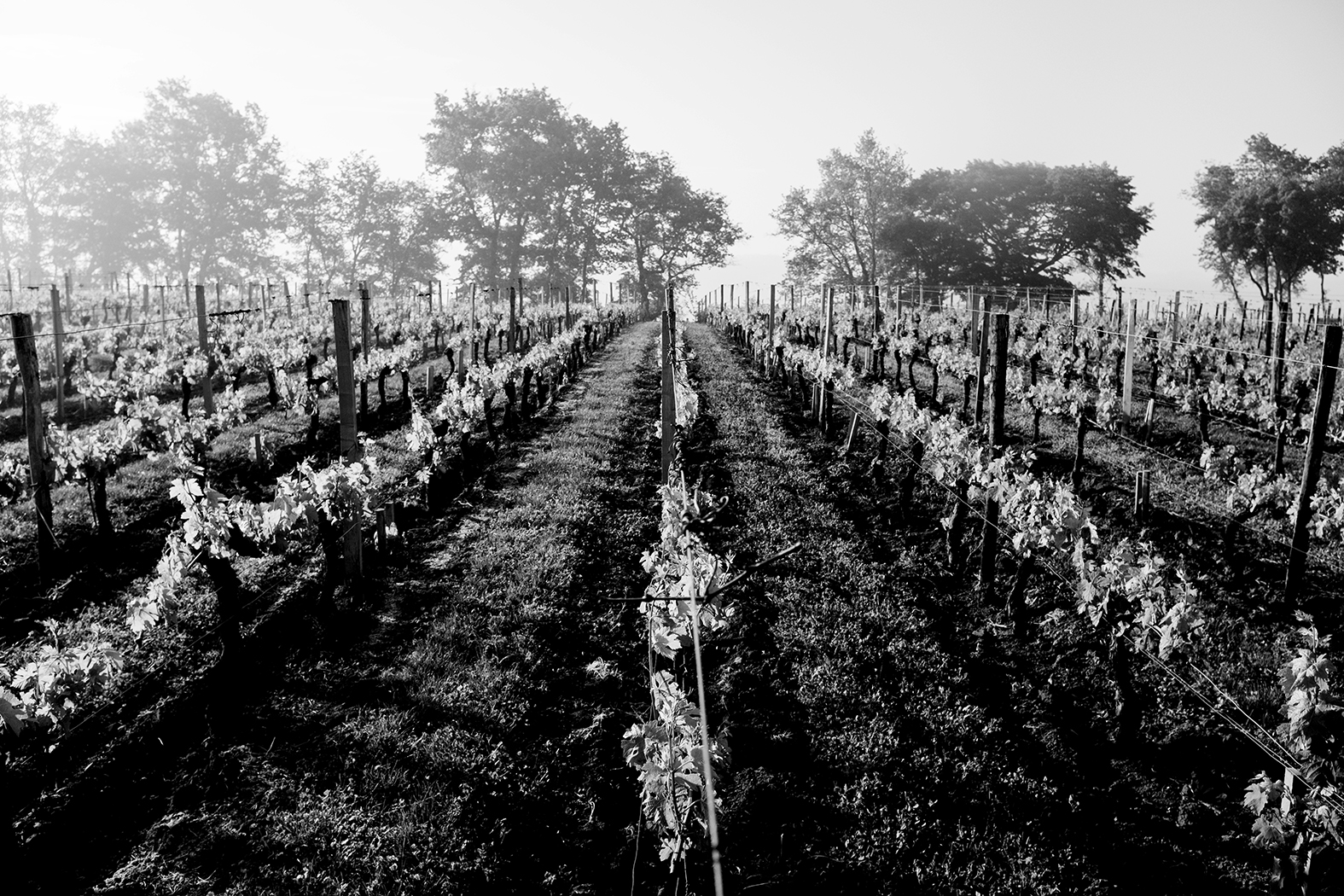
Growers just couldn’t catch a break.
For the red wines, 2013 was the worst Bordeaux growing season of the 21st Century (or, as Homer Simpson would say, ‘worst growing season so far’). Growers just couldn’t catch a break. It started out cold and wet, leading to a late bud break in April. May was cloudy and humid—ideal conditions for mildew. June brought rain, which disrupted the flowering. Merlot, being more sensitive to coulure, was significantly impacted, and yields for this variety would be tiny from the outset.
July was warmer, but not without damaging humidity and hailstorms. Into early August, a particularly nasty hailstorm took out a large swathe of the Entre-Deux-Mers. Veraison only occurred in mid-August, showing how late the vintage was tracking. Into September, the warm, damp conditions sparked Botrytis (grey rot) among the sluggishly ripening bunches. Waiting into October didn’t help—the rot situation simply went from bad to worse. Crop losses were substantial, equating to a small harvest of variable quality, much of it sub-standard. Ruthless sorting would be essential to produce anything remotely worthy of top labels and price tags. Consequently, some producers, like Le Pin, opted not to make a grand vin.
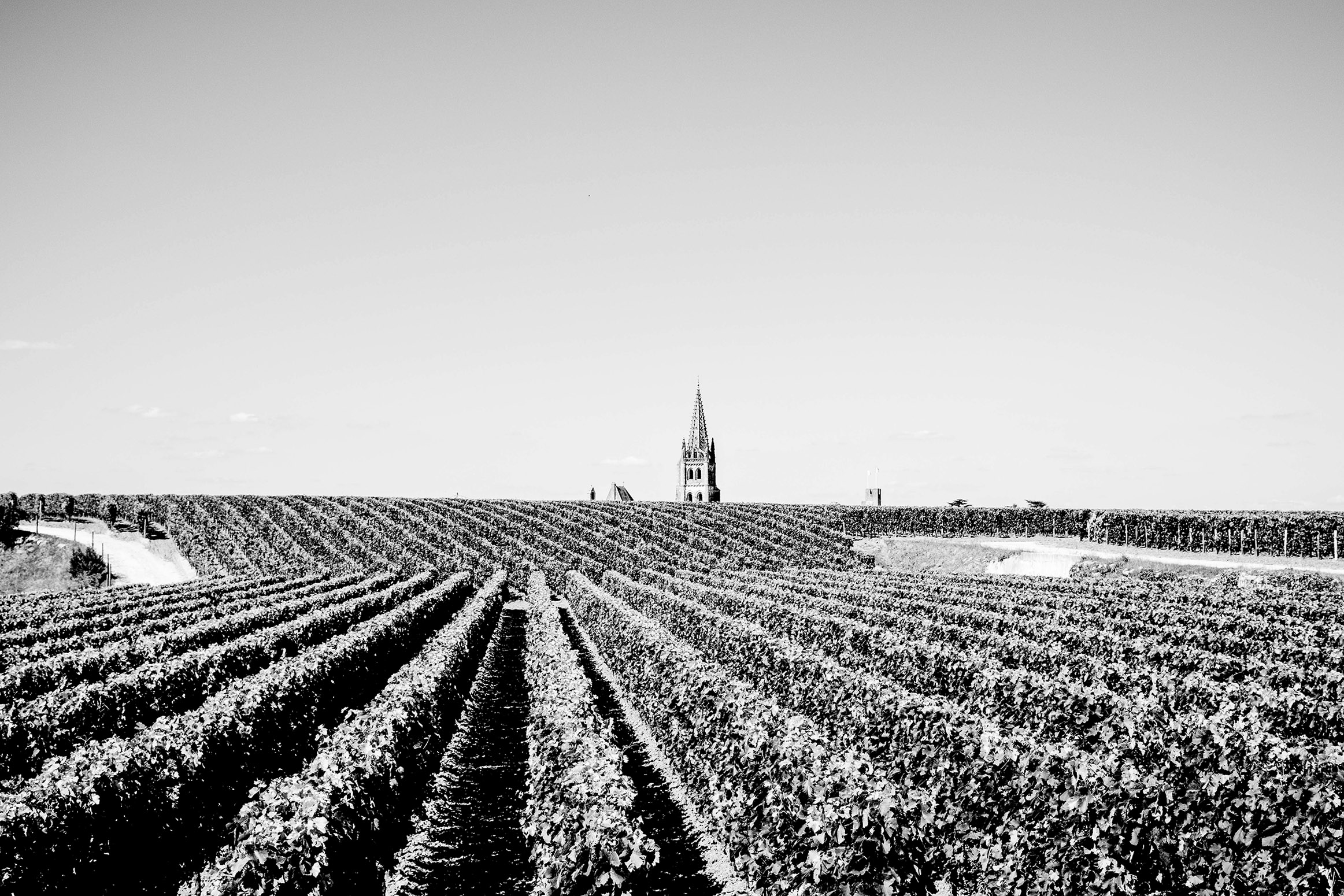
Are the 2013 reds worth seeking out now?
At best, the top 2013 reds are lighter-bodied and refreshing styles with a chewiness to the tannins and a savoriness to the fruit. However, these do not have the stuffing and backbone for long-term aging and are at their best right now, only 10 years on. At worst, the wines are lean, green, mean, and already fading. There are plenty of examples of these.
So, are the 2013 reds worth seeking out now? Well, it depends. Many of the wines are already tiring and, like the growing season, washed out. Unsurprisingly, the best reds this year are from the top terroirs with the resources to make something like a silk purse from a sow’s ear. These include Mouton Rothschild, Petrus, Latour, and Haut-Brion. A quick glance at their 2013 prices reveals there are similarly priced vintages of the same labels that will give a lot more pleasure. Or simply buy a top vintage of a super-second at the same cost and have some real fun.
However, if you love lighter-bodied, lower alcohol, fresher Bordeaux styles that are drinking now, I have found a few just-the-ticket bargains in 2013 including La Fleur Petrus, Troplong Mondot, Montrose, Branaire Ducru, Prieure Lichine, and Lagrange (Saint-Julien). These are wines where the prices of 2013 tend to be tracking lower than other vintages of the same labels, and the quality is impressive, albeit in this very delicate, earlier drinking style.
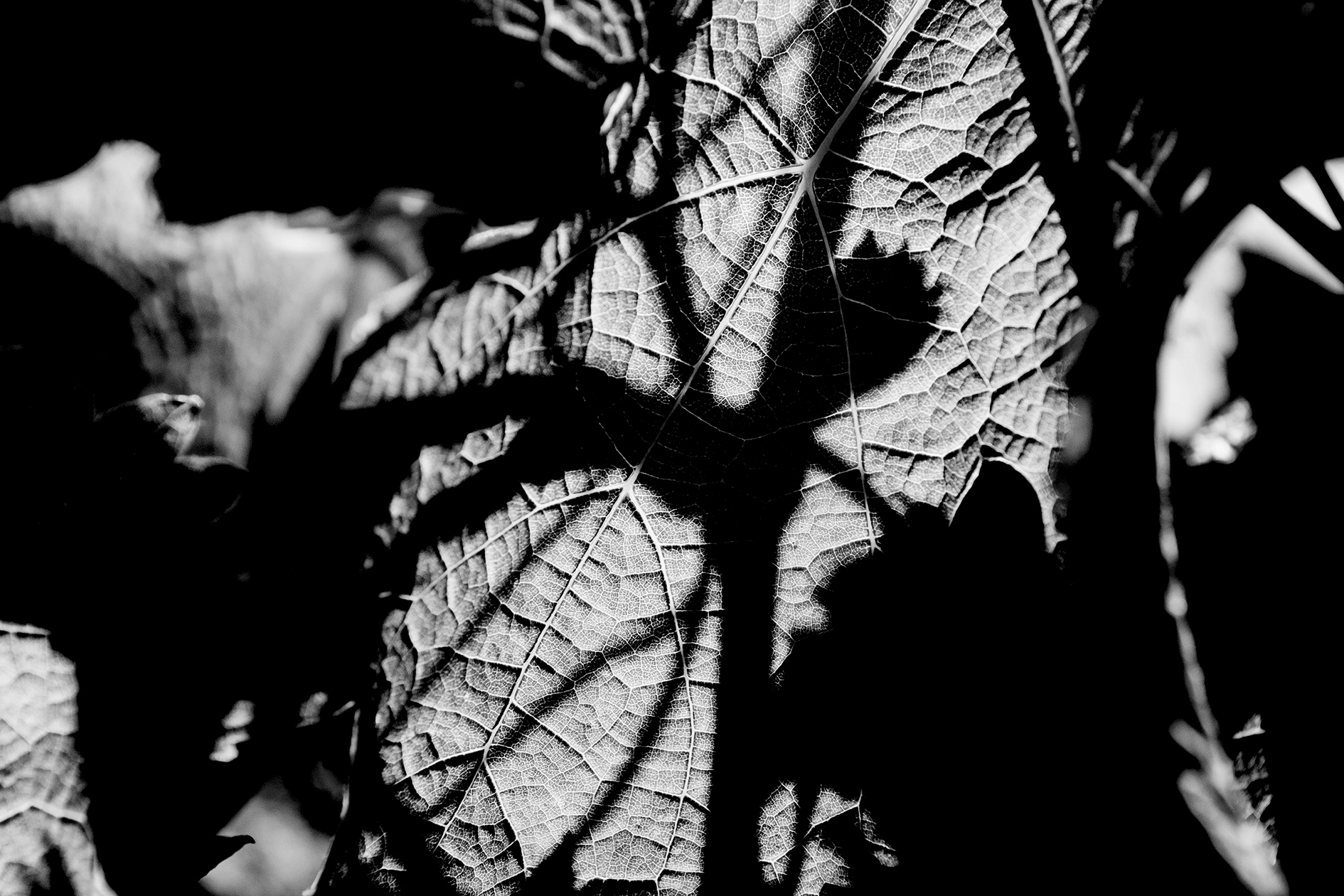
However, the story for dry white wines and Sauternes was very different!
Indeed, lousy conditions for red varieties often equate to ideal conditions for Botrytized sweet wines. The damp squib of a 2013 harvest season at least allowed enough moisture for the progression of noble rot with a few drier periods to keep grey rot at bay and offer some ideal picking windows.
2013 is a consistently very good to great year for Sauternes, and these are undoubtedly the wines of the vintage.
Special thanks to Farr Vintners, Bill Blatch, and the Southwold Group for hosting this tasting in London earlier this year.
–
Article & Reviews by Lisa Perrotti-Brown MW
Photography by Johan Berglund
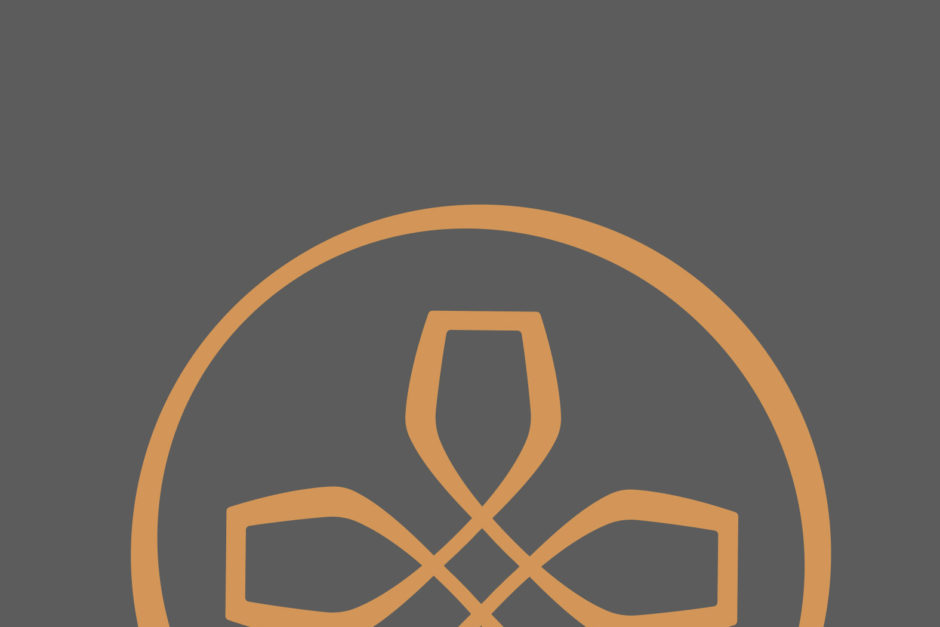
PRODUCERS IN THIS ARTICLE
> Show all wines sorted by scoreMore articles

Bordeaux 2023 Vintage Report and Reviews from Barrel
09th May 2024
649 tasting notes

Cathiard Vineyard New Releases
02nd May 2024
3 tasting notes
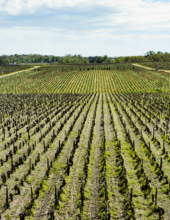
Bordeaux 2023 Preliminary Vintage Report and Reviews from Barrel
29th Apr 2024
56 tasting notes
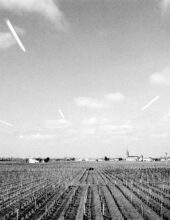
2021 Bordeaux in Bottle and A Modest Proposal
24th Apr 2024
599 tasting notes
Show all articles